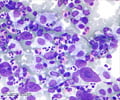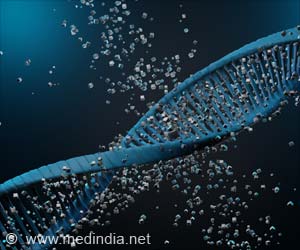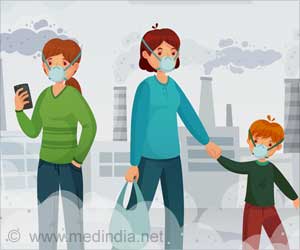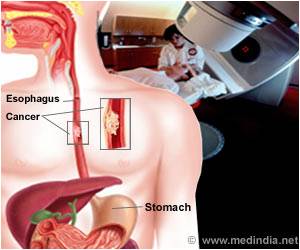A new therapy has been developed that is highly durable can fight against non-Hodgkin's lymphoma (NHL) diagnosed in about 56,000 people every year in the U.S.
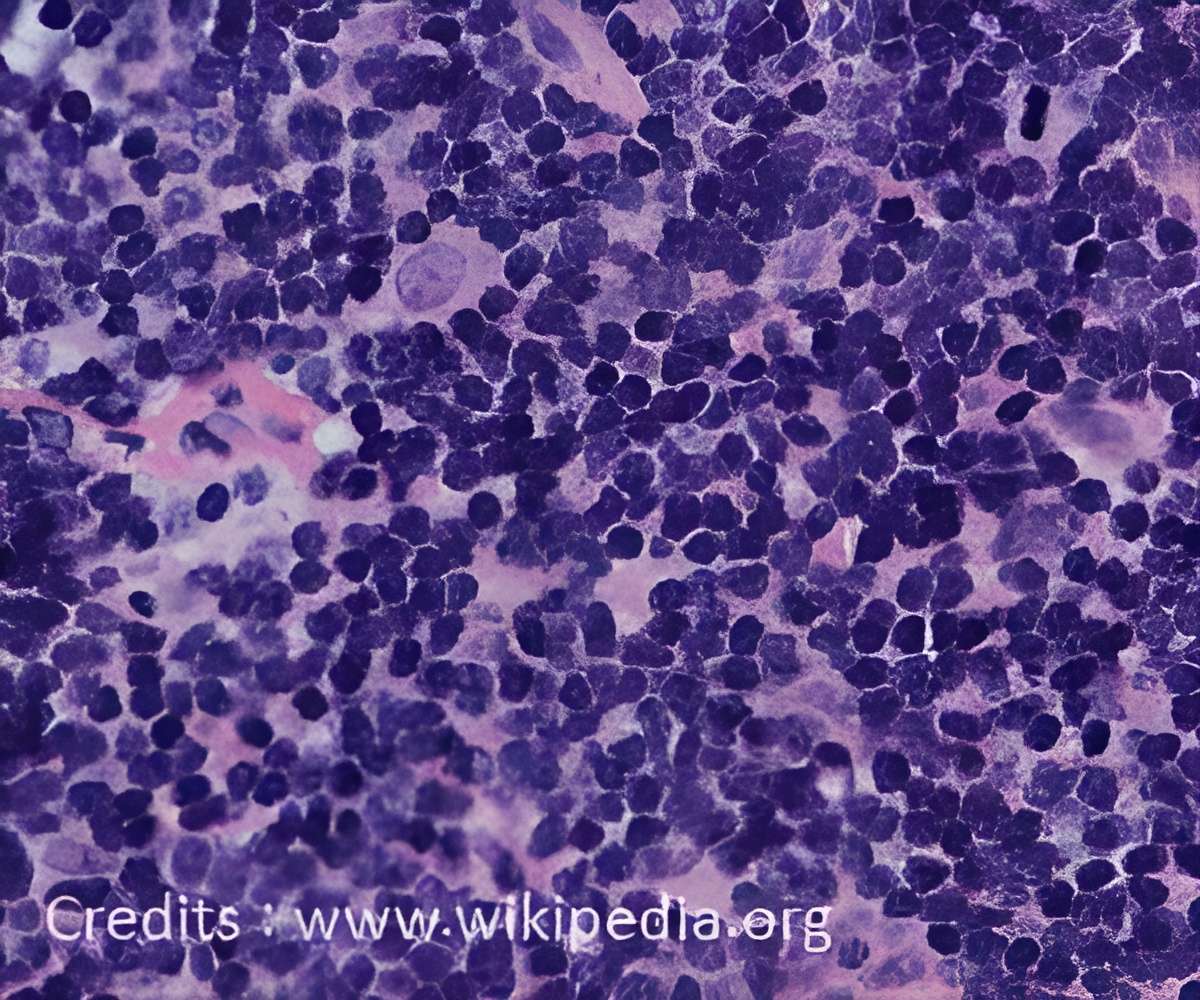
‘Chimeric antigen receptor (CAR) T cell therapy provides durable remission for non-Hodgkin's lymphoma (NHL) patients and plays a major role in saving their lives.’





In the global, multi-center, Novartis-sponsored trial known as JULIET, 38 percent of patients with relapsed/refractory diffuse large B-cell lymphoma (DLBCL), the most common form of NHL, who received the investigational treatment had a partial or complete response at three months. About 73 percent of patients who responded remained cancer-free at six months.The trial included 27 sites in 10 countries across North America, Europe, Australia, and Asia. In total, 81 patients were infused with CAR T cells and evaluated for a response. At three months, 26 patients (32 percent) achieved a complete response, while five (6 percent) achieved a partial response. The results will be presented as part of the ASH meeting press program.
The research team says the updated results from an earlier study, of patients treated at Penn's Abramson Cancer Center, provides additional evidence that the responses to the new therapy can be highly durable, an important milestone in the fight against a type of cancer which is diagnosed in 56,000 patients per year in the United States.
Among 28 patients who received the therapy in the single-site pilot trial after their cancers had come back following standard treatments, 43 percent of DLBCL patients achieved complete remission, as did 71 percent of patients with follicular lymphoma, the second most common form of the disease. All patients who were in remission at six months are still in remission, after a median follow-up of 28.6 months.
"Taken together, our data from both trials show that most patients who are in remission at three months stay in remission," said Schuster, who is the Robert and Margarita Louis-Dreyfus Professor in Chronic Lymphocytic Leukemia and Lymphoma Clinical Care and Research in the Perelman School of Medicine and director of the Lymphoma Program at the Abramson Cancer Center.
Advertisement
Two-thirds of DLBCL cases are successfully treated with frontline chemotherapy. When that fails, a high-dose chemotherapy combined with an autologous stem cell transplant can potentially lead to long-term disease-free survival. But only half of these relapsed/refractory patients are candidates for this approach, and for those who are, the expected three-year event-free survival rate is just 20 percent in the current era of frontline immunochemotherapy.
"About a third of patients who fail all current therapies, even transplant, could now have a form of therapy that may offer them durable remissions," Schuster said. "This therapy has the potential to save lives if approved by the FDA for this indication."
Kymriah™ was approved by the U.S. Food and Drug Administration in August 2017 for the treatment of patients up to 25 years of age with acute lymphoblastic leukemia (ALL) that is refractory or in second or later relapse. Penn and Novartis formed a global research and development collaboration in 2012, the result of which was the first therapy based on gene transfer approved by the FDA.
Results from JULIET served as the basis for a recent application submitted by Novartis to the FDA for approval of CTL019 for the treatment of adult patients with relapsed or refractory DLBCL who are ineligible for or relapse after autologous stem cell transplant (ASCT). Novartis is also seeking approval from the European Medicines Agency (EMA) for CTL019 in pediatric and young adult patients with relapsed or refractory B-cell ALL and adult patients with relapsed or refractory DLBCL who are ineligible for ASCT.
The treatment modifies patients' own immune T cells, which are collected and reprogrammed to potentially seek and destroy the patients' cancer cells. After being infused back into patients' bodies, these newly built "hunter" cells both multiply and attack, targeting cells that express a protein called CD19. Tests reveal that the army of hunter cells can grow to more than 10,000 new cells for each single engineered cell patients receive, producing high remission rates. They can also survive in the body for years. CTL019 uses the 4-1BB costimulatory domain in its chimeric antigen receptor to enhance cellular expansion and persistence.
Cytokine-release syndrome (CRS), a toxicity associated with CAR T therapy which includes varying degrees of flu-like symptoms, with high fevers, nausea, and muscle pain, and can require ICU-level care, was reported in 58 percent of the patients in multi-site study. Fifteen of those patients (26 percent) required treatment with tocilizumab, which is the standard therapy for the toxicity.
All of those patients recovered from their CRS. Other toxicities included infections (34 percent of patients), cytopenias or low blood count (36 percent), neurologic events (21 percent), febrile neutropenia (13 percent), and a metabolic abnormality called tumor lysis syndrome (one percent). All of the toxicities resolved on their own or with treatment, and there were no treatment-related deaths.
In the single-site trial, CRS was reported in five patients. Only one of those patients required treatment with tocilizumab. That patient recovered and achieved a complete response. Eleven patients reported temporary neurologic symptoms, including delirium. Ten of the 11 cases were self-limited and resolved without ICU care. The 11th case resolved after treatment.
Both studies were supported by Novartis. The single-site trial was also supported by grants from the National Institutes of Health (1R01CA165206), as well as through philanthropic support for the Lymphoma Program at the Abramson Cancer Center of the University of Pennsylvania from James and Frances Maguire and the Frances Maguire Lymphoma Research Fund, Margarita Louis-Dreyfus, and Sharyn Berman and the Richard Berman Family Funds for CLL and Lymphomas.
Source-Eurekalert

